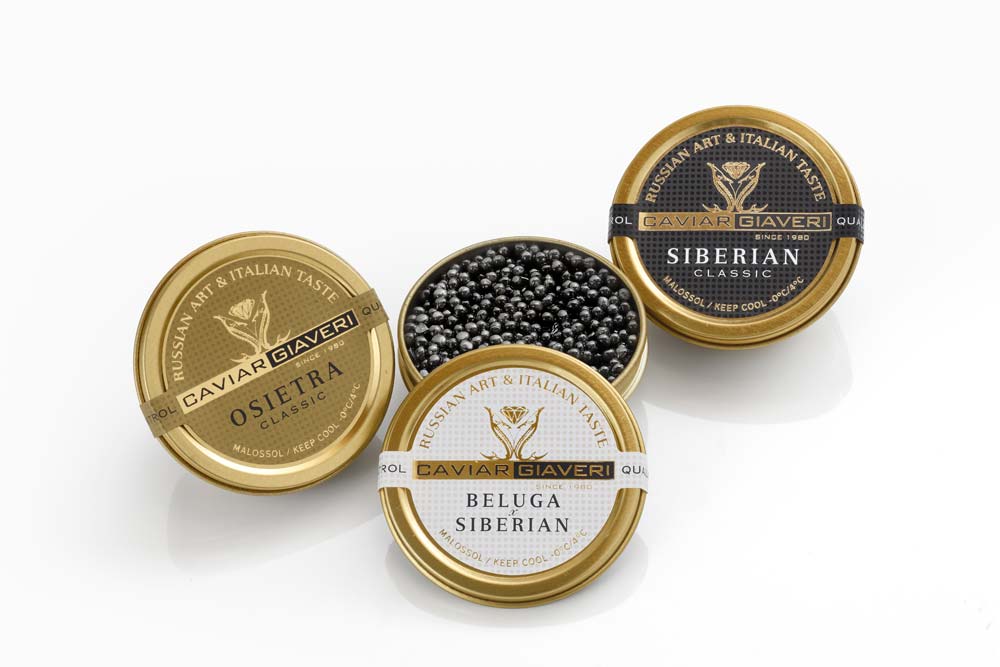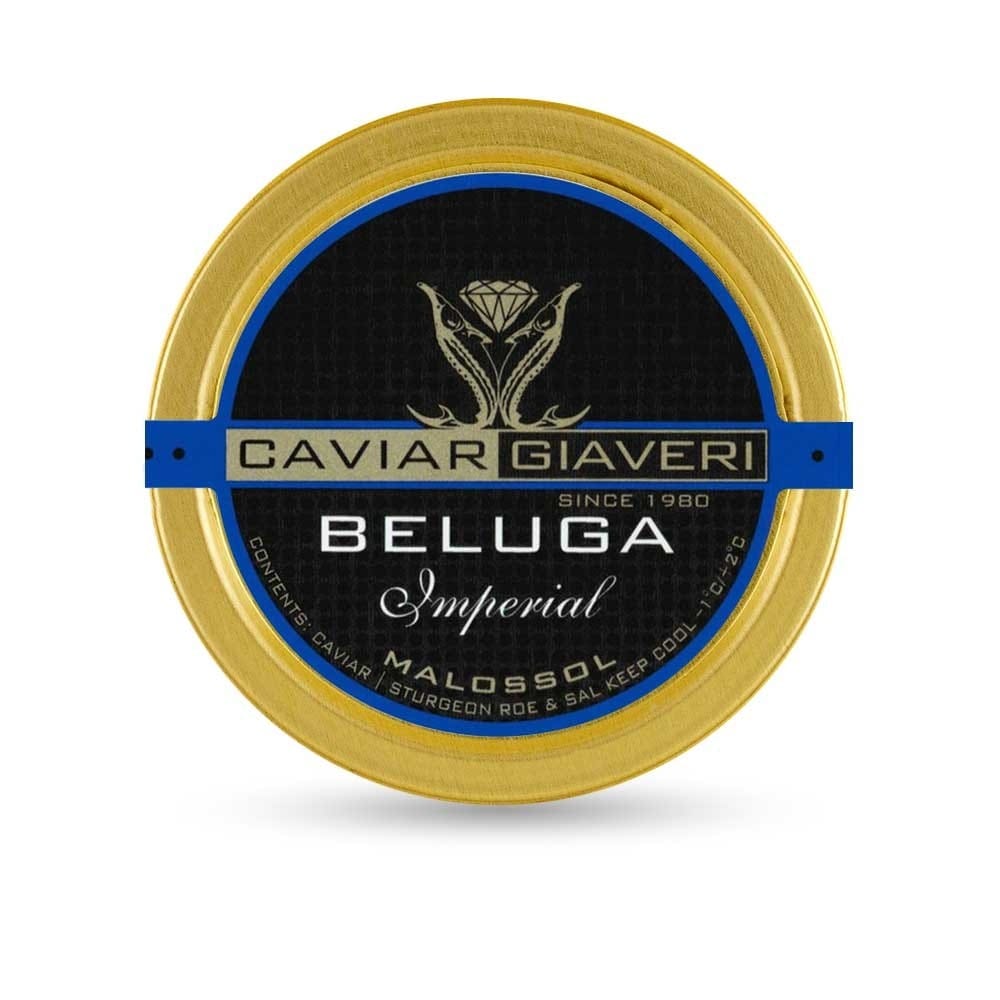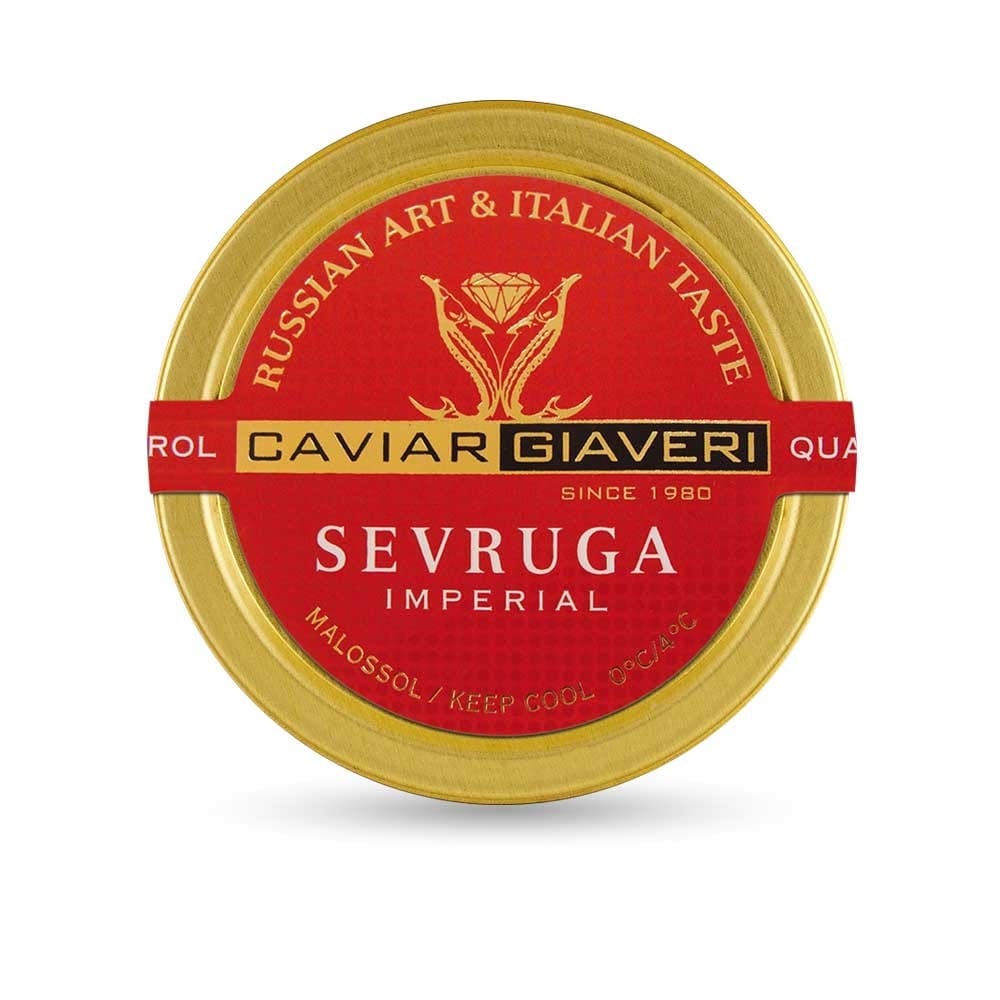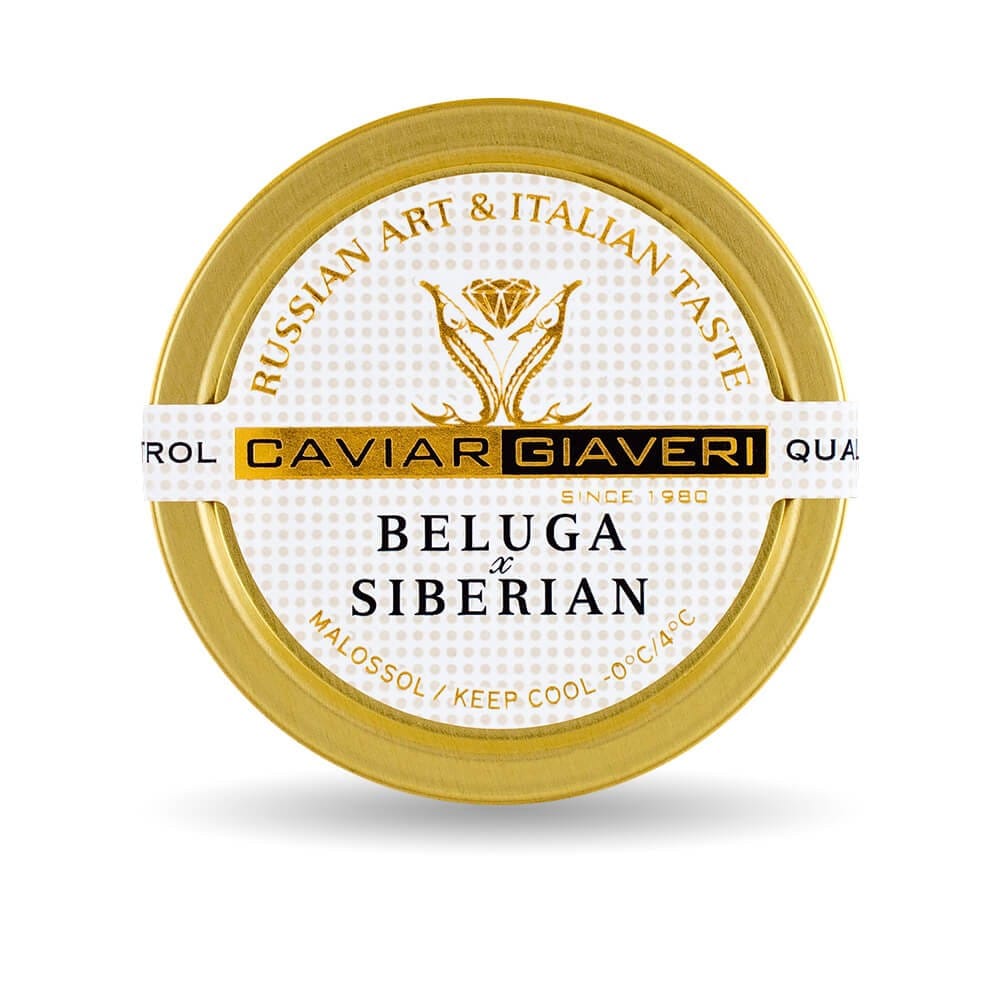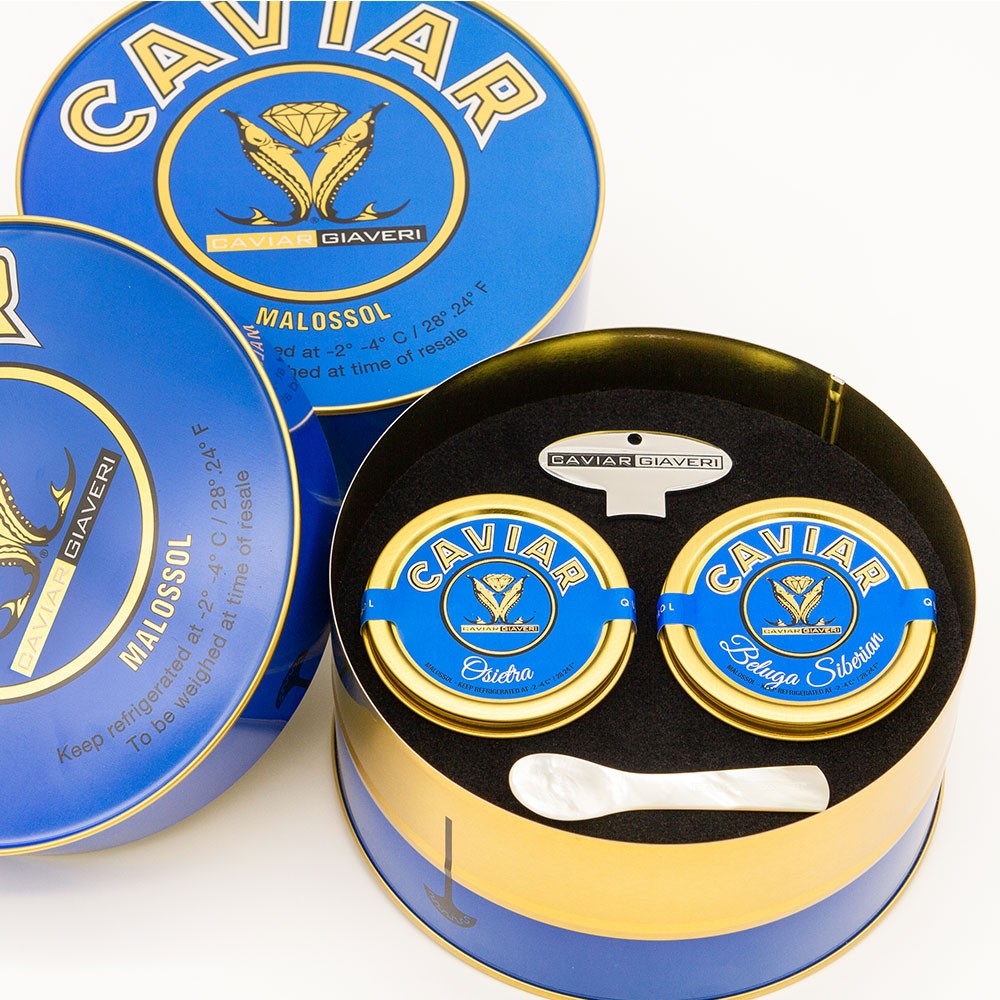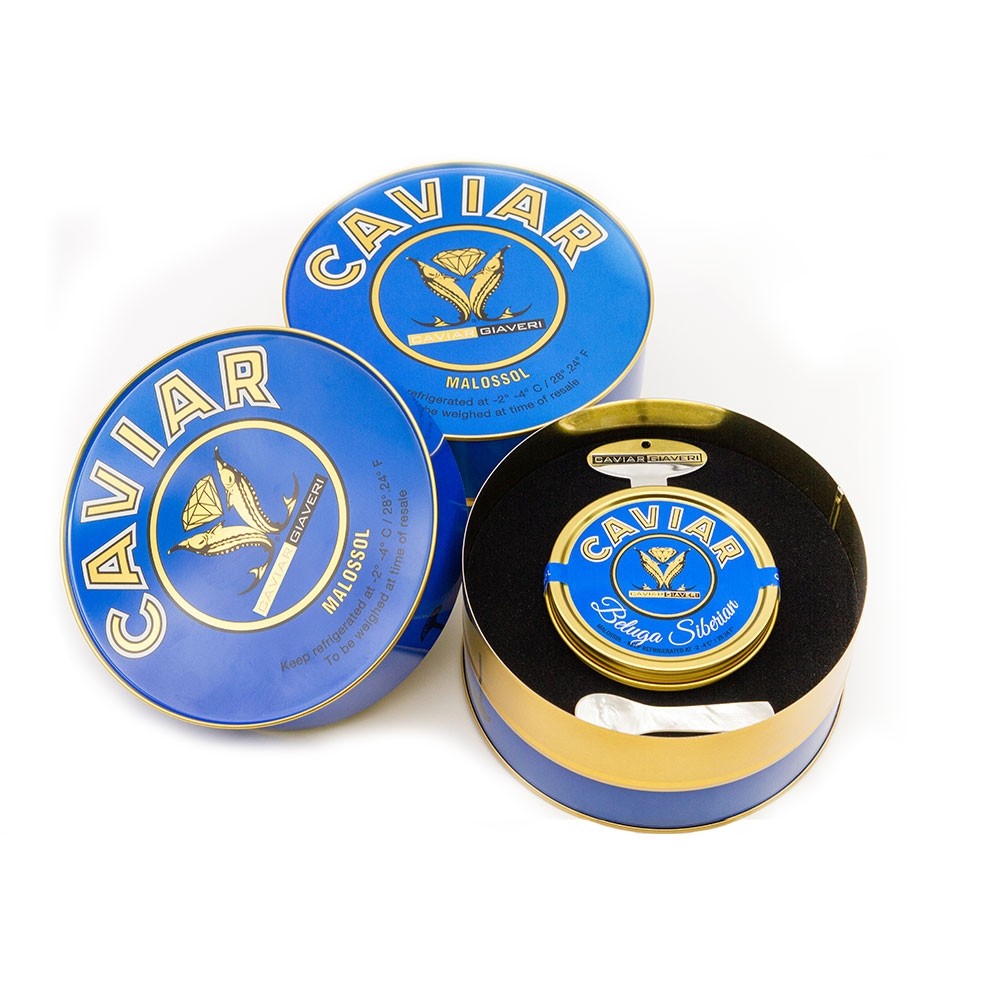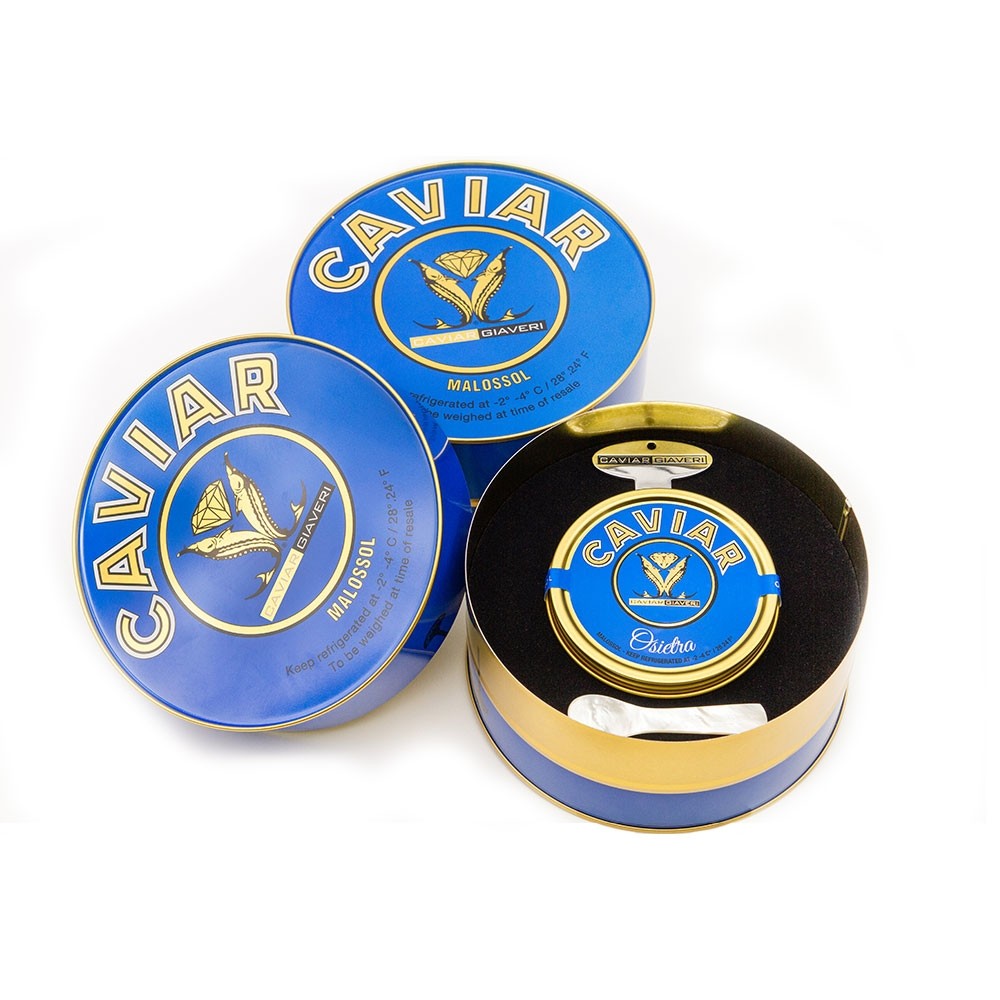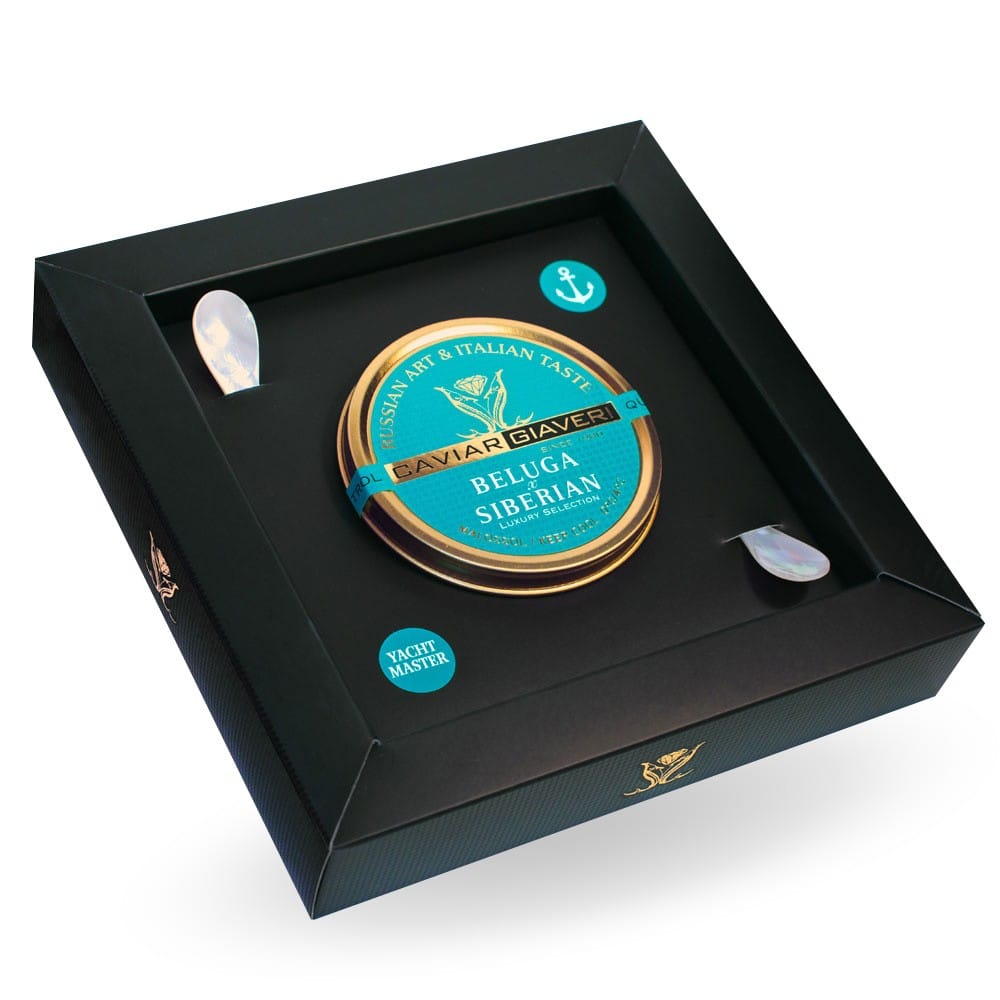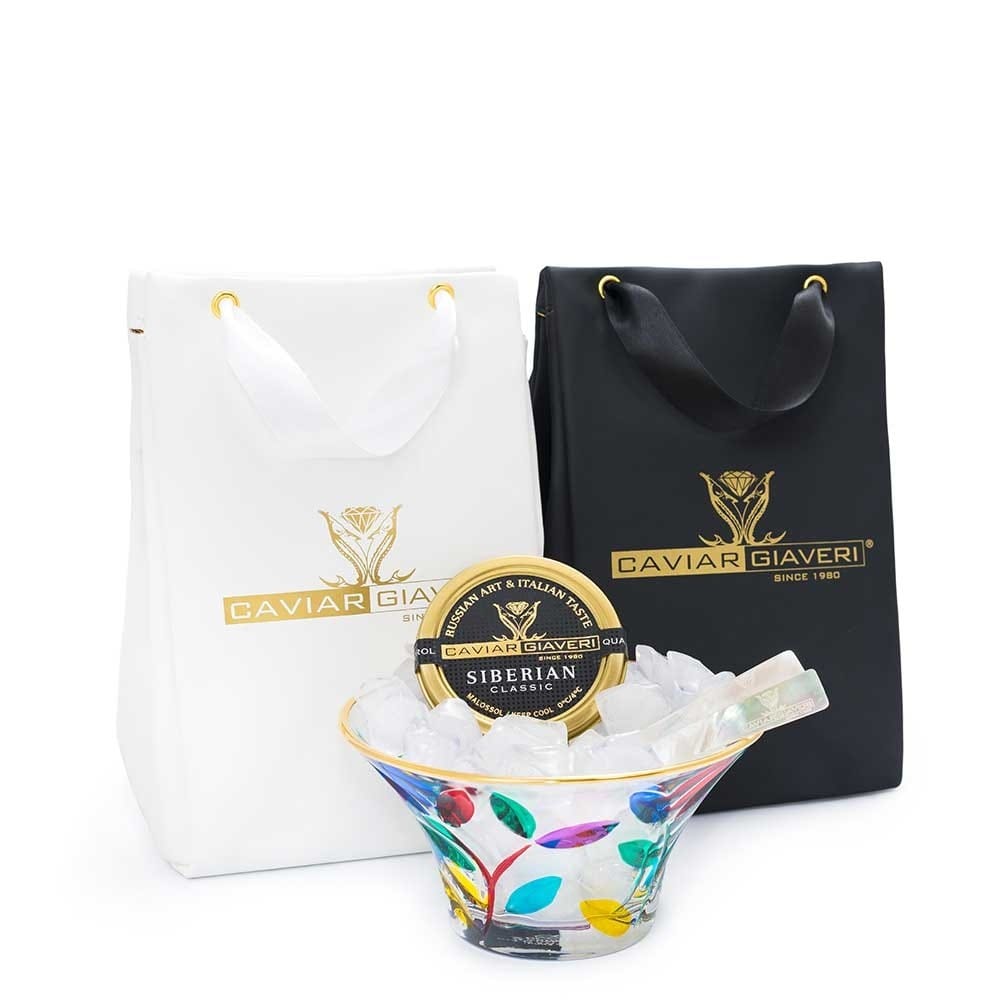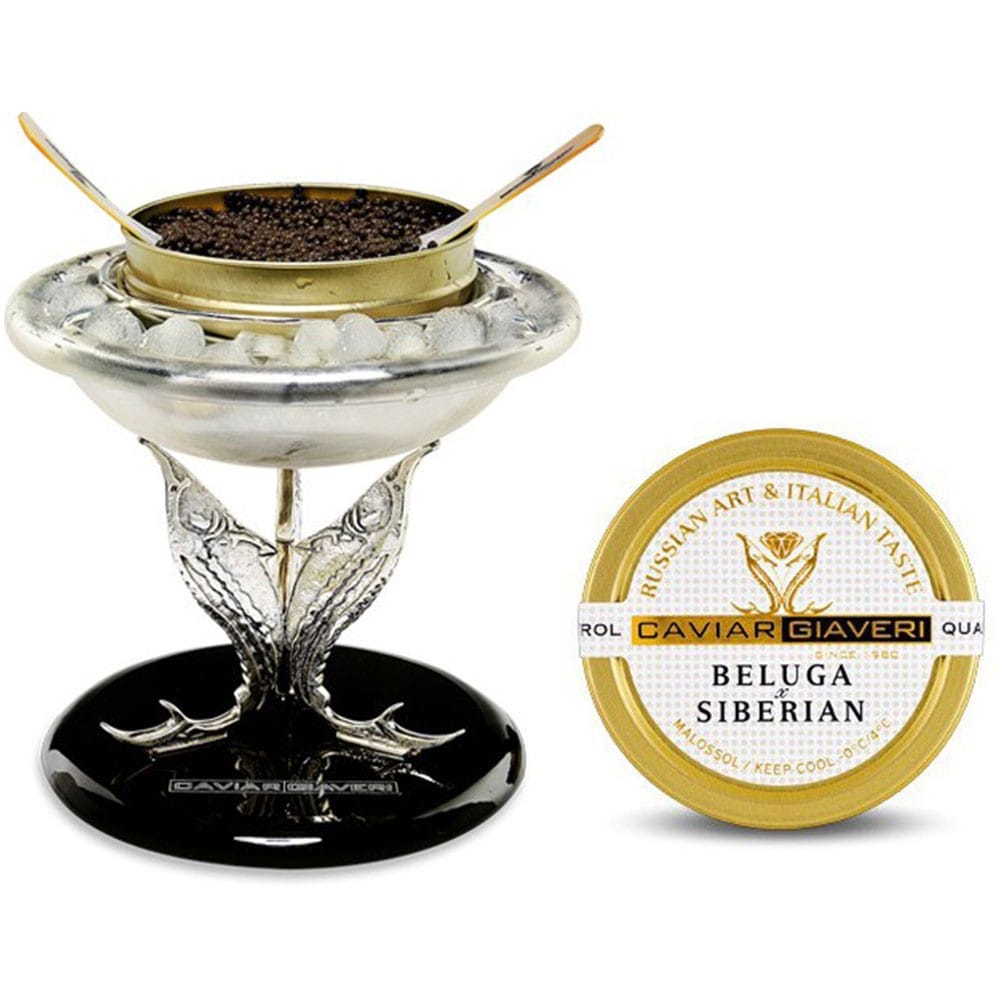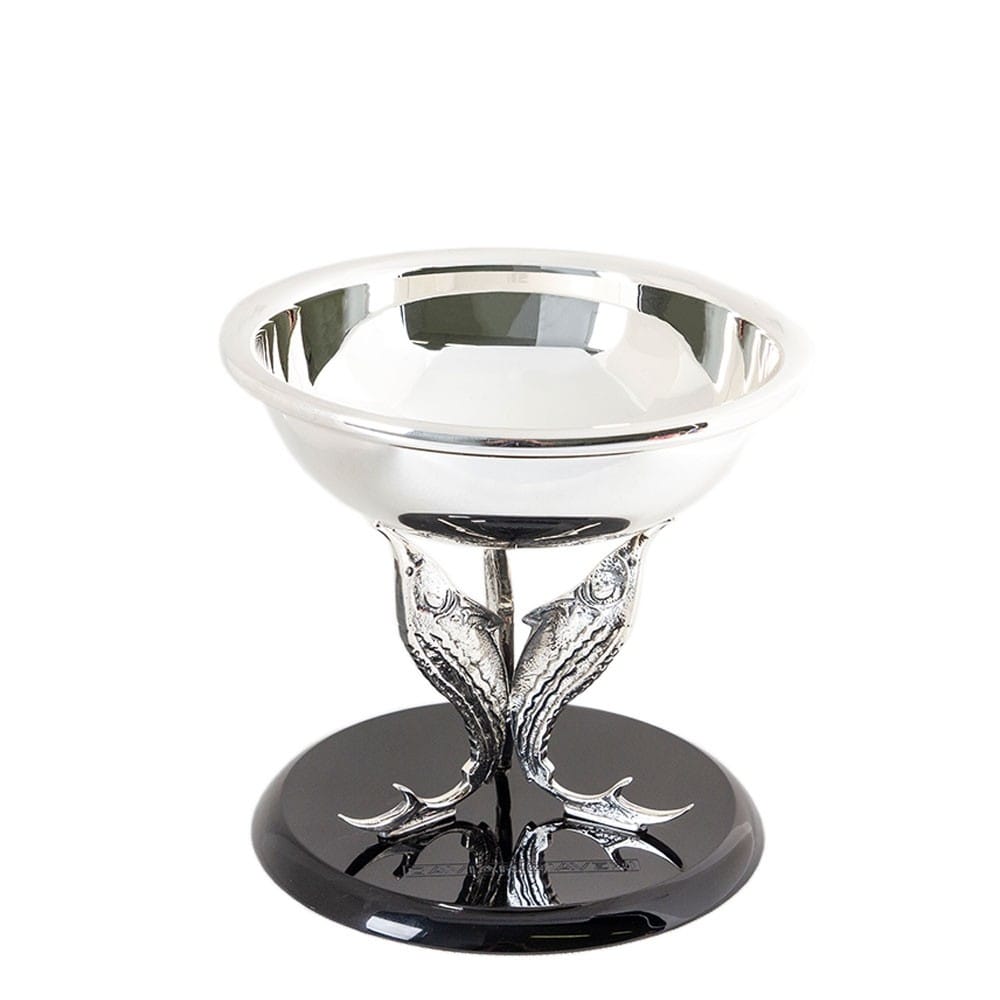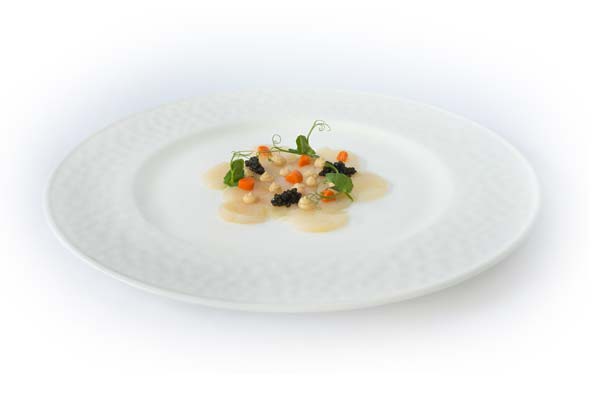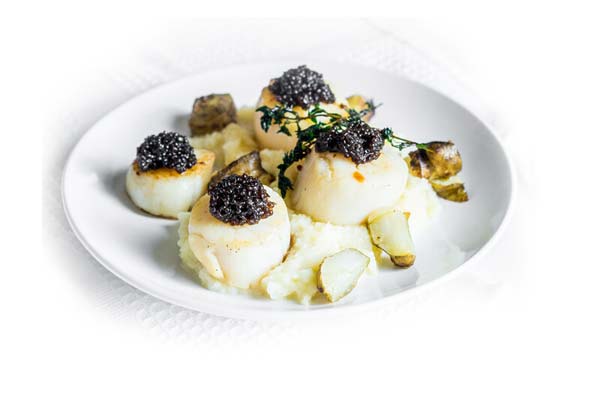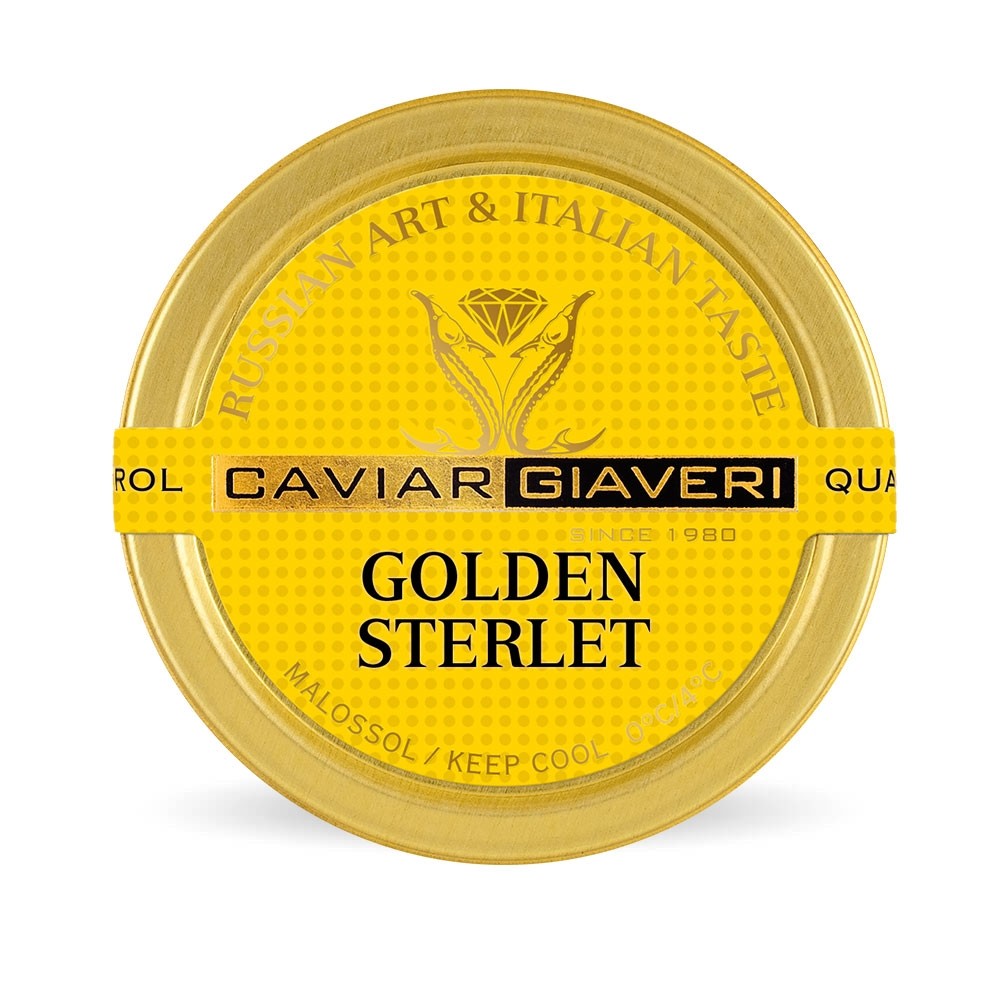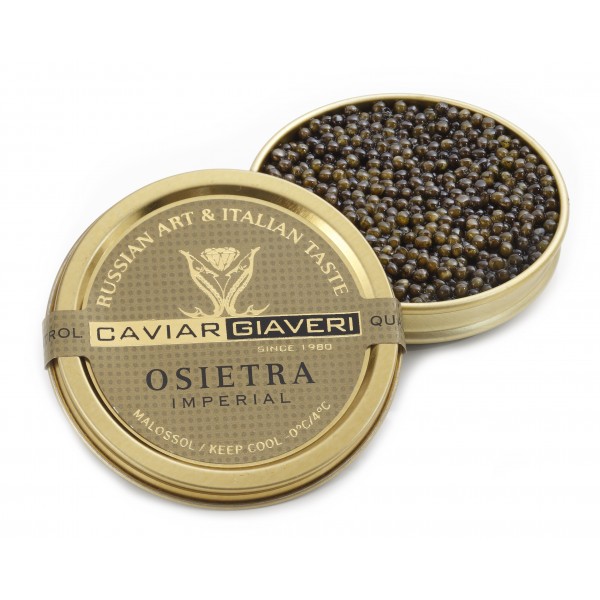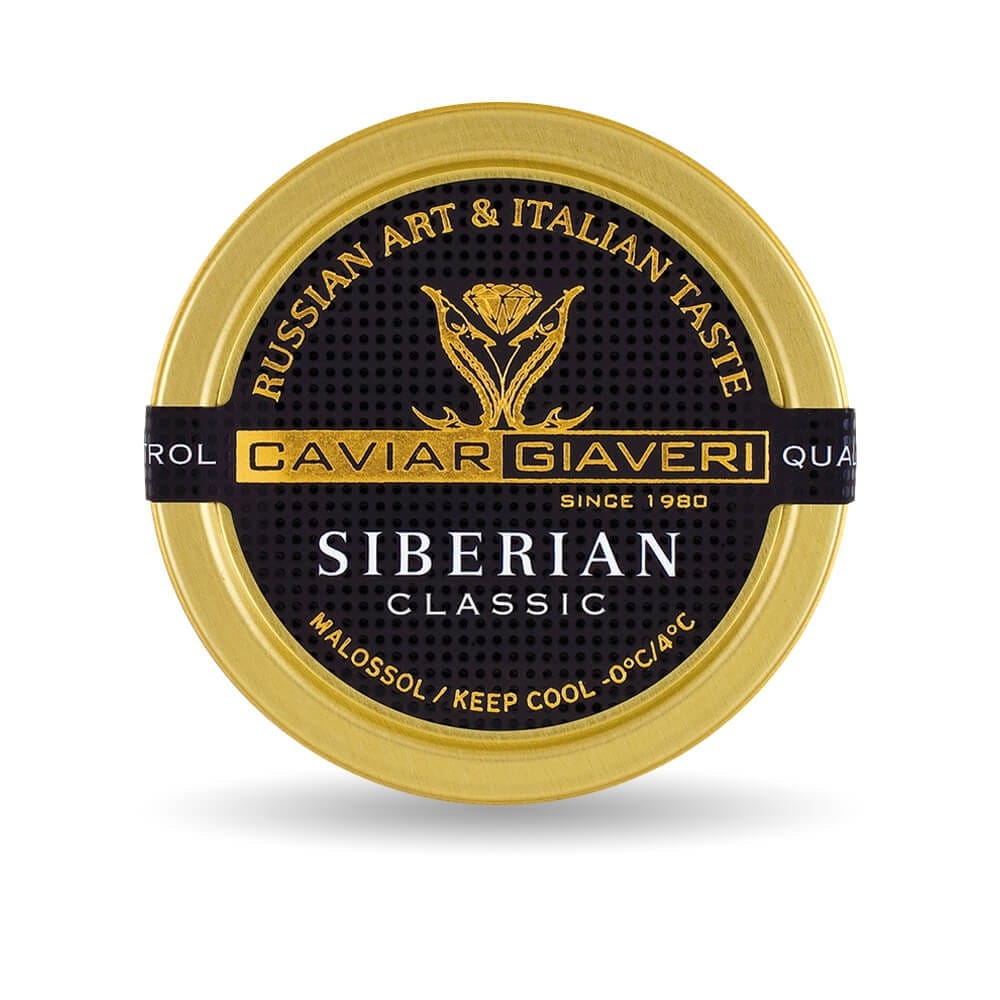Order Caviar Online: Wherever you are in the European Union, you can have your caviar!
What happens when you combine the Russian tradition of caviar with Italian excellence? The result is Caviar Giaveri, the only caviar we offer. They have forty years of experience and passion in producing the best caviar. If you want to order caviar online, you have come to the right place! We ship our caviar to the entire European Union, including Germany, France, Spain, Portugal, Poland, Netherlands, Belgium, & more!

Order Caviar Online Exclusively in the European Union
Buy caviar online from our ORDER CAVIAR ONLINE emporium, delivered overnight via International Courier Service (DHL) directly from Italy to your doorstep using dry ice as packaging for optimum freshness.
We are the #1 source to order caviar online in the European Union!
This is the philosophy of Caviar Giaveri. This is the reason why their caviar is delicious, as proved by numerous blind tests carried out by experts. It is also excellent from the nutrition and health points of view.
Italy is home to some of the best gourmet foods and wines in the world today, so it’s no surprise that they’ve also taken to caviar making as a fish to water. Italian farmed caviar is in great demand today, as aquafarms turn out some of the best sturgeon/caviar specialties like Sevruga, White Sturgeon and other (Siberian) varieties in the market now. Italian caviar farms boast fresh groundwater waters that guarantee superb quality of Italian farmed caviar.
Featured Caviar
Must have caviar from our supplier
Caviar Tips
Best Sellers
Our customers have exceptional taste!
New Arrivals
Get a jump on our latest offerings!
Order Caviar Online Reviews
“My father-in-law, who lives in the European Union, absolutely loves caviar. I looked around to a few stores to buy caviar locally, but it was ridiculously expensive, and I would have also had to paid for the shipping separately. I did some research and found this site where I could order caviar online directly to my father-in-laws house. In a matter of minutes I had the caviar ordered and it showed up just in time for his birthday. He loved it!”
Lukas M.
Berlin, Germany
“I work in the luxury real estate industry, and I cater to very high net-worth individuals. I am always looking for things to take my open houses and networking events to the next level. For my most recent open house I decided to make it a caviar and champagne party. I ordered a bunch of caviar from this website and I was very impressed with the quality. All of my open house guests loved it!”
Arthur R.
Brussels, Belgium
FAQ About Caviar
To answer a complex question briefly, there are three interlaced issues: environmental, quality, and sustainability. In terms of environment, farmed sturgeon swim in clean artesian well water and are fed an all-natural feed; whereas wild sturgeon can swim in polluted waters (a problem in the Caspian) and eat food from those waters. In terms of quality, the caviar of fine farmed sturgeon actually rivals that of the wild caviar, because it has a fresh and clean, buttery finish. There are obviously differences in flavor, but this is due to species, environment, and other factors. In terms of sustainability, caviar from farm-raised sturgeon does not deplete natural resources (the sturgeon) to produce the caviar. This is critically important, given that all 27 species of sturgeon are on the endangered species list.
No. Caviar is a natural product, and natural products vary in color, texture, and consistency. Among Beluga, Sevruga, and Osetra, for example, colors can range from silver-gray to brown to black; although Beluga is generally grayer and Osetra more black. There is rare golden Osetra (coming from albino fish, the roe is actually yellow, and extremely costly due to the rarity). But the color of the roe is an appearance quality solely and does not affect the flavor.
Beluga is the rarest caviar, which commands the price; it is the most expensive caviar and thus it is considered the most prestigious. However, it’s not necessarily the best unless you equate a higher price with higher quality. While some people actually do prefer Beluga, it is the most subtle of the three varieties. Some people prefer the nuttier Sevruga or the more flavorful Osetra. Some like all three equally, as Bordeaux wine lovers might equally like the distinctly different flavors of different prestigious French wines. As with any food or wine choice, caviar preference is entirely subjective. But because exclusivity breeds snobbery, there are some for whom Beluga is the only caviar; and the typical gray color of Beluga roe is labeled as the highest grade, even though the color has no bearing on taste (i.e., the more gray and silvery the roe, the higher the price the roe commands). For the same money as basic Beluga, many caviar connoisseurs would rather have twice as much Osetra or three times as much Sevruga.
No, Asetra is a species from the Iran side of the Caspian Sea. It is complex and very sophisticated caviar, from dark to light gray, which is very scarce (and expensive) to find/buy. There is also Golden Asetra from albino sturgeons of the species.
The roes vary in size, color and flavor, and of course…price. Beluga, Sevruga, and Osetra refer to the species of sturgeon. Beluga, the largest fish (it can weigh up to 2,000 pounds) has the largest eggs, buttery in flavor, soft in texture. They range from pale silver to black in color. Beluga can be twice the price of Osetra. Osetra is a medium-size, generally brownish egg with a nutty flavor and an oilier, a silkier texture than Beluga (it is the “melts in your mouth” caviar). Sevruga is the most common species of the three, making it the most affordable. The sturgeon is small and reproduces faster than the others. The eggs are generally gray or greenish and crunchier than the others; they also has the strongest flavor. Malossol is Russian for “little salt,” and refers to a skillful, lighter salting used to preserve the caviar. With today’s refrigeration, even less salt is used by fine caviar producers.
Freezing doesn’t destroy the flavor of sturgeon caviar, but it softens the texture of the delicate eggs. Since much of the experience of caviar is textural, it should never be frozen. The eggs of whitefish, trout, and salmon caviar are sturdier and can be frozen. Once defrosted, however, do not refreeze the roe.
Keep caviar in the coldest part of the refrigerator, usually the back (never on the door or in the storage bins, which are warmer). Caviar should be served well-chilled to bring out its subtle flavors. This is the reason that caviar serving dishes have separate compartments for ice.
Storage is THE key. Caviar in vacuum-sealed jars (that haven’t been opened) will maintain its freshness for five to six weeks (a few weeks longer if stored on ice in the refrigerator). Unopened tins will be fresh for about 2 weeks or perhaps sometimes more. Once a jar or tin is opened, the caviar should be consumed within 2-3 days for getting the maximum flavor out of it. It can be eaten beyond then, but it begins to deteriorate.





